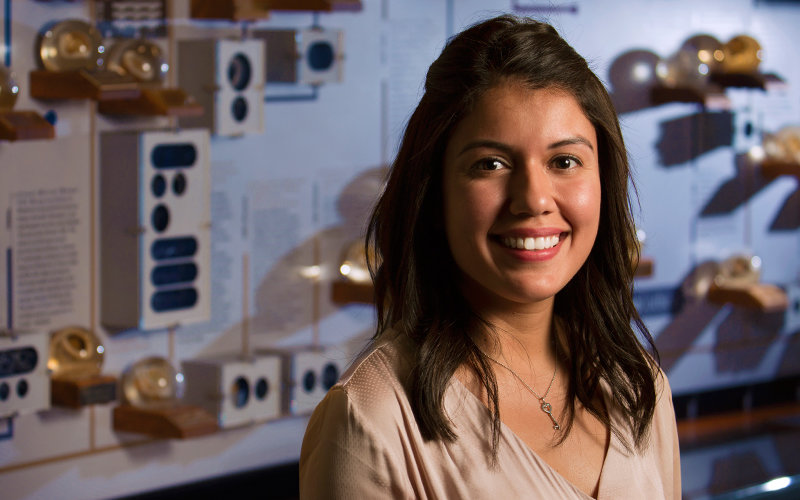
Cal State Fullerton has received a $300,000 grant from the W. M. Keck Foundation to develop an undergraduate biomedical engineering program with a medical device emphasis.
The grant will support purchasing specialized lab equipment and developing curriculum for the new program, which will prepare students for careers as practicing engineers in the fields of biomedical engineering, and assistive and rehabilitation technology.
“The dependency of California on the biomedical sector is ever growing — and more biomedical engineers must be produced to fulfill this industry demand,” said Sang June Oh, interim associate dean of the College of Engineering and Computer Science, who is directing the program.
Raman Unnikrishnan, the college’s former dean and professor of electrical and computer engineering, and Kiran George, associate professor of computer engineering, also are helping to lead the new program.
The B.S. in engineering already exists, with the new program offering an “option in biomedical device engineering.” The program is targeted to start in fall 2017, pending University approvals. The goal is to develop a program where content and curriculum complies with the norms and practices of other accredited engineering programs in the college, said Unnikrishnan.
With Orange County and the Southern California region booming with both emerging and established medical device manufacturers, there is a need for academic programs with a medical device emphasis to train and produce the workforce for this growing industry, notes Unnikrishnan.
“The region lacks a broadly accessible and accredited undergraduate program with a medical device emphasis. Our plans address this deficiency,” he added.
According to the Bureau of Labor Statistics, biomedical engineers, including medical device engineers, will see one of the fastest rates of growth in all engineering occupations in the near future, with a 23 percent increase in jobs expected from 2014-2024.
Moreover, the demand for more technologically advanced, sophisticated medical equipment is rising and manufacturers will rely on the expertise of medical device engineers to meet it, Unnikrishnan said.
“Cal State Fullerton is seeking to produce biomedical engineers that can address medical and health care issues from an engineering-centric point of view,” added Oh.
While the college will utilize existing courses, labs and faculty, three new upper-division courses will be created. The curriculum will immerse students in design projects, rapid prototyping and research experiences, supporting cross-disciplinary project activity inclusive of engineering, business, rehabilitation and allied health disciplines. The program will be highlighted by a yearlong senior capstone design project, which will enable students to design, fabricate and test real, tangible biomedical devices, Oh said.
The biomedical engineering-medical device program has been under development since fall 2012, following its adoption as an initiative by the ECS College Leadership Council.
Media Contacts:
Sang June Oh, College of Engineering and Computer Science, 657-278-7161
Debra Cano Ramos, 657-278-4027